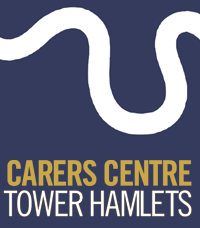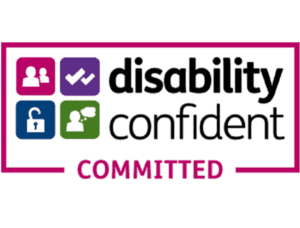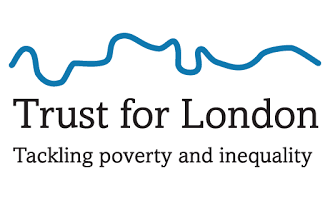Hello Everyone – Caring can have it’s toll on your physical health
I hope you are all well and your physical health is the best it can be. As you will of seen I have been sick for the last couple of weeks with a variety of ailments including breathing problems and the worst upset tummy for a long time. I have also managed to bang one of my toes, and I am of again today to the Doctors to get Antibiotics so that my toe does not drop off, I hear you thinking he is so dramatic LOL, but I am Diabetic and it is me being forensic about keeping myself well.
Unfortunately just as I became ill my Dad was admitted to hospital and was in there of 13 days but luckily he is home, feeling better and in many ways it did him good as he seems the best vocally I have heard him in many, many months. I am hoping to visit him in person for the first time in over a week. We have spoken daily and we have both been giving each other moral support throughout our illnesses.
My Mum is a different story as she is under lockdown within the nursing home. They discovered Covid amongst some patients/residents and promptly moved them out of the home (I must find out where they went) and the home closed it’s doors to family and visitors and as yet this remains. Do not get me wrong as after the first wave of Covid and how the homes where impacted, I feel they did the right thing and they are keeping my dear old Mum safe. Of course she is board and misses our visits but I did send an Easter egg via my sister which was greatly received.
So getting back to today’s headline – caring and running around can have an effect on your physical health as well as your emotional and mental health. You really do need to keep well, eat well, exercise if you can (yes I am coming to this week’s brilliant activity) but also look after your mental health. I realised that I was more emotionally impacted that I thought after my Dad and I had a weepy moment over the phone when we realised that we missed my Mum/his wife of nearly sixty years as she is a different person and she is fading away from the feisty, no nonsense person we loved and feared LOL.
So don’t forget to take time for yourselves when you can and this week we have a new taster session called…
Hip Hop for Carers – Wednesday 27th April – 11am to 12 noon
This taster session uses dance, movement and fun to get you going, use your arms and legs and you can do this sitting if you prefer, the choice is yours depending on your mobility.. So if you want a place then please email tony@ccth.org.uk to get a place as this could become a regular session. This activity has proven to be great at reducing isolation, help with physical movement and stretching as well as having a positive impact on your mental health.
Arts, Crafts & Conversation – Thursday 28th April – 11am to 1pm
Our weekly creative group continues to go from strength to strength with great attendance. This group allows carers to come and pursue in peace a craft of their choosing such as knitting, painting and you can learn new crafts such as card making as well as chat to your peers/carers. Carers have reported that being able to chat and relax away from their caring role has increased their physical and mental wellbeing. So come a long and get creative.
Check out the https://ccth.org.uk/new/calendar/ as this will let you know our weekly activities’ and then email tony@ccth.org.uk
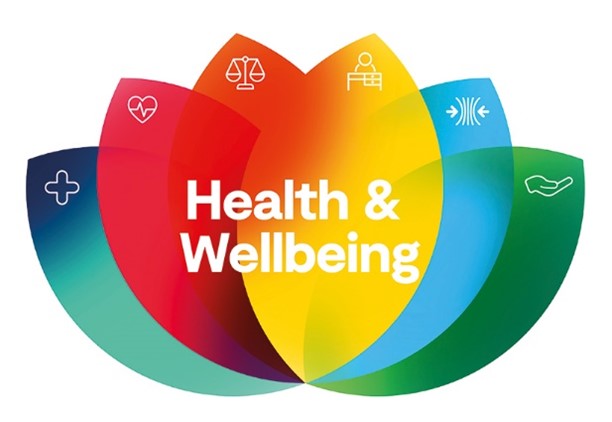
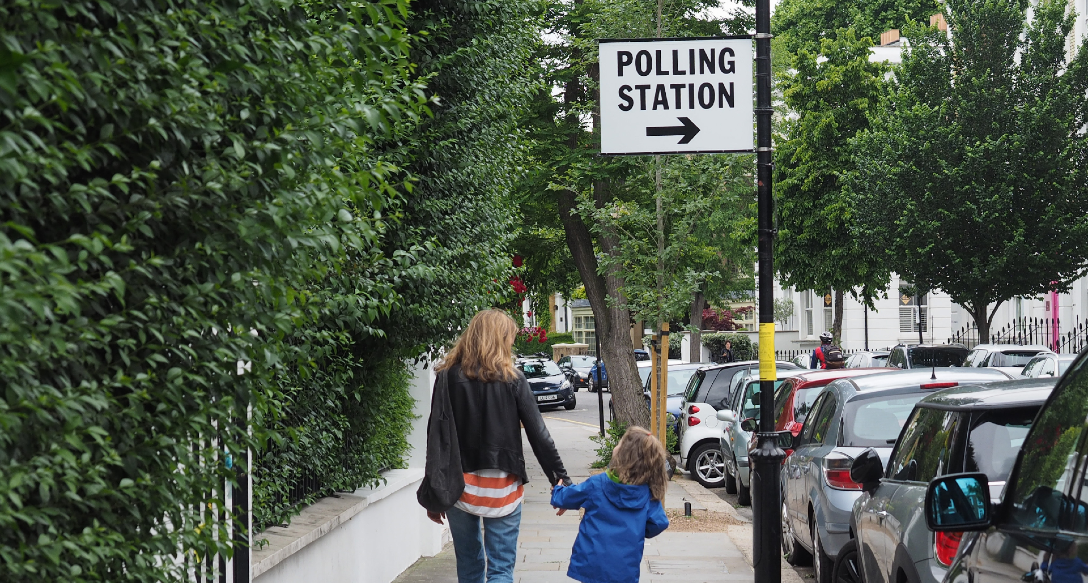
Proxy vote application deadline approaching
The deadline to apply to vote by proxy in the upcoming local elections is 5pm Tuesday 26 April.
You can find out more and download the application form using the link below.
Email completed forms to us before next Tuesday’s deadline.
Apply for proxy vote >

Take part in our Gambling Policy consultation
We are reviewing and updating our Statement of Gambling Policy and would welcome your comments on the proposed changes and the new draft document covering the years 2022-2025.
Take part in the survey online and provide your comments before the consultation closes on Sunday 29 May.
Complete Online Survey >
Ramadan Timetable [London]
| Fast | Day | Date | Month | Fast Begins | Fast Ends (Iftar) |
|---|---|---|
| *1 | Sat, 2 April | 4:59 am | 7.38 pm |
| 2 | Sun, 3 April | 4:57 am | 7:40 pm |
| 3 | Mon, 4 April | 4:55 am | 7:42 pm |
| 4 | Tue, 5 April | 4:52 am | 7:44 pm |
| 5 | Wed, 6 April | 4:50 am | 7:45 pm |
| 6 | Thu, 7 April | 4:48 am | 7:47 pm |
| 7 | Fri, 8 April [Jummah Prayer] | 4:46 am | 7:49 pm |
| 8 | Sat, 9 April | 4:43 am | 7:50 pm |
| 9 | Sun, 10 April | 4:41 am | 7:52 pm |
| 10 | Mon, 11 April | 4:39 am | 7:54 pm |
| 11 | Tue, 12 April | 4:37 am | 7:55 pm |
| 12 | Wed, 13 April | 4:35 am | 7:57 pm |
| 13 | Thu, 14 April | 4:32 am | 7:59 pm |
| 14 | Fri, 15 April [Jummah Prayer] | 4:30 am | 8:00 pm |
| 15 | Sat, 16 April | 4:28 am | 8:02 pm |
| 16 | Sun, 17 April | 4:26 am | 8:04 pm |
| 17 | Mon, 18 April | 4:23 am | 8:05 pm |
| 18 | Tue, 19 April | 4:21 am | 8:07 pm |
| 19 | Wed, 20 April | 4:19 am | 8:09 pm |
| 20 | Thu, 21 April | 4:16 am | 8:10 pm |
| 21 | Fri, 22 April [Jummah Prayer] | 4:14 am | 8:12 pm |
| 22 | Sat, 23 April | 4:11 am | 8:14 pm |
| 23 | Sun, 24 April | 4:08 am | 8:15 pm |
| 24 | Mon, 25 April | 4:06 am | 8:17 pm |
| 25 | Tue, 26 April | 4:04 am | 8:19 pm |
| 26 | Wed, 27 April | 4:01 am | 8:20 pm |
| 27 | Thu, 28 April | 4:00 am | 8:22 pm |
| 28 | Fri, 29 April [Jummah Prayer] | 3:58 am | 8:24 pm |
| 29 | Sat, 30 April | 3:55 am | 8:25 pm |
| 30 | Sun, 1 May | 3:52 am | 8:27 pm |


Check out a new free course that has just been launched that focuses on carer wellbeing. It is called ‘Physical activity for health and wellbeing in the caring role’ and has been kindly endorsed by the Carers Trust. The course is 6 hours in length and learners can achieve a ‘badge’ on completion of the end quiz, and this can be added on a CV to evidence their learning/continuous professional development. We hope that it will be helpful to those working with carers, including carer centre staff, those supporting carers less formally and importantly carers themselves!
A carers guide to home fire safety
A new video resource has been launched on the London Fire Brigade website to help carers learn how to keep people that receive care safe from fire.
Sadly, around one third of those here who die or are severely injured by fire are in receipt of some form of care or support. If you are a formal (domiciliary care worker, support worker or clinician) or informal carer (family member, friend or neighbour) and are caring for someone in their own home, this new resource will help you identify fire risks and show you what you can do to reduce them. There is also more information available on the website around fire safety and prevention.
Watch the video >

ELOP’s LGBT+ Groups
Join our fun, friendly and non-judgemental safe space to meet new people and discuss LGBT+ topics!
LGBT+ Over 50 Social Group
Every Monday 1.00 – 2.30pm, online
LGBT+ Social Support Group
Every Tuesday 7.00 – 8.30pm, online
Stonewall – https://www.stonewall.org.uk/
LONDON Friend – https://londonfriend.org.uk/
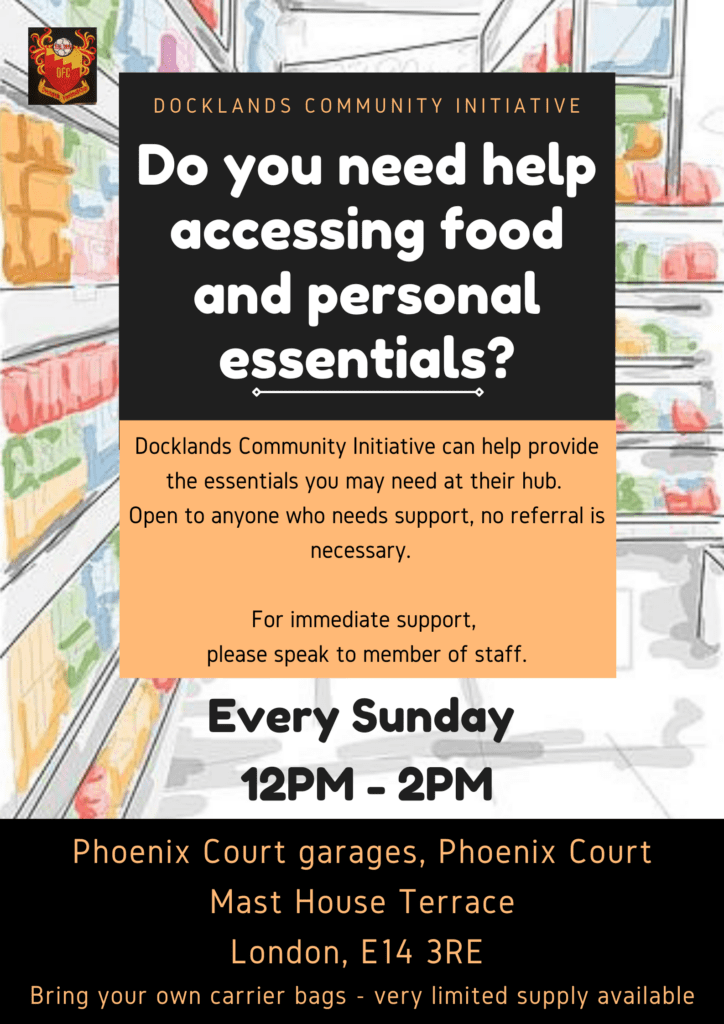
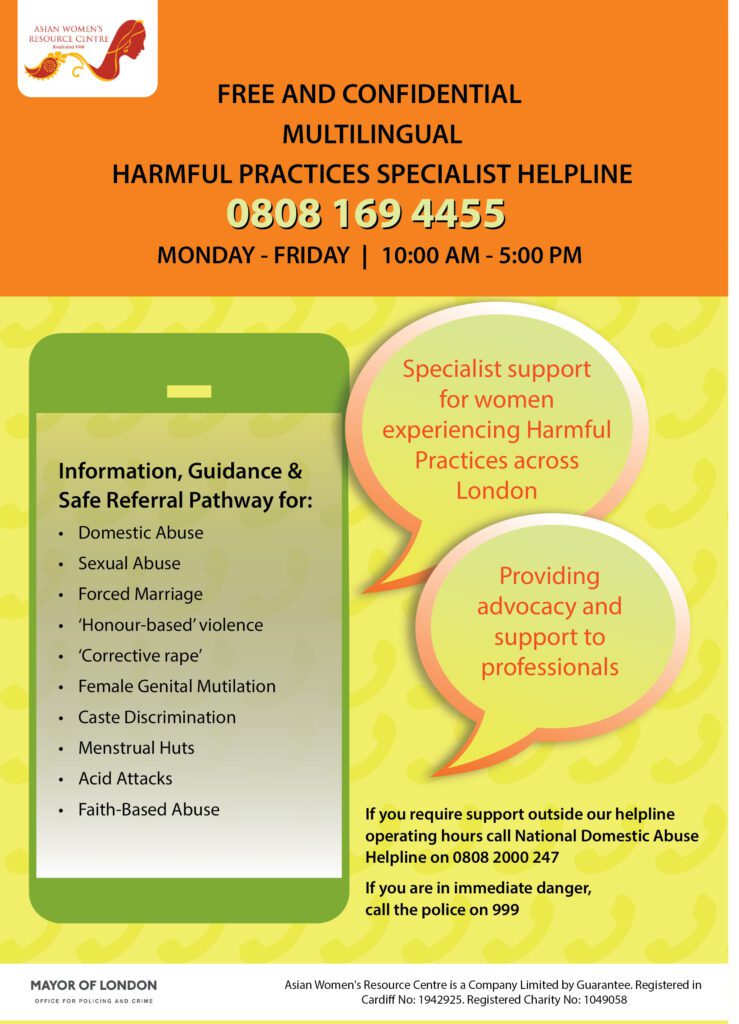
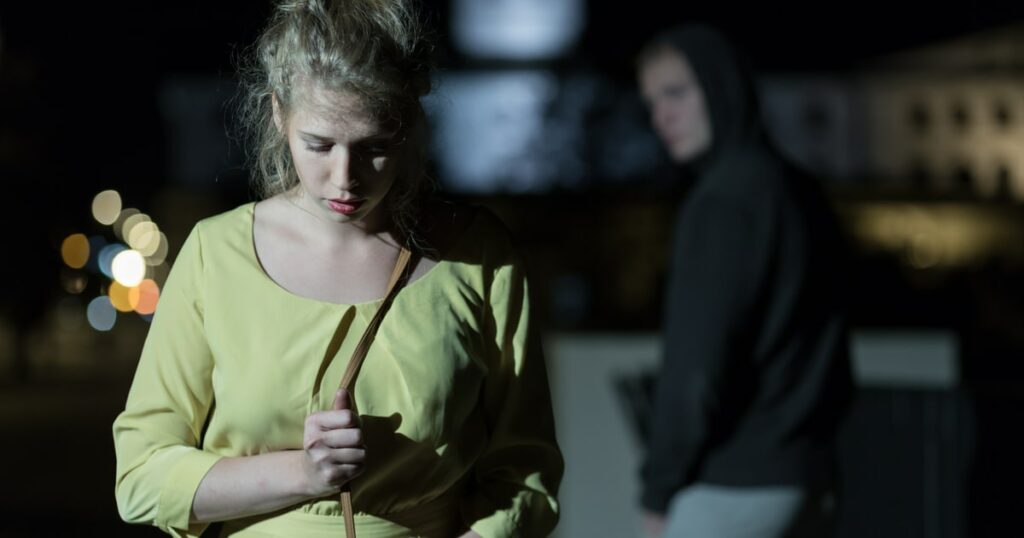
WALKING ALONE? REMEMBER THESE 10 TIPS
1) Plan Your Route
Make sure you plan your route ahead of time. If you are walking in an area you are not familiar with, this can help keep you from getting lost. You will be able to walk with confidence. If you do get lost, don’t wander aimlessly, find a gas station, supermarket, or fast-food restaurant where you can ask for directions.
2) Make Sure Someone Else Knows Your Plans
Don’t go out when it is dark without telling someone, even if you are just taking the dogs out for a walk around your neighbourhood or walking home from a friend’s house nearby. It may seem paranoid, but in fact, knowing someone knows where you are can be reassuring and help you feel safe. If you fall and hurt yourself or run into trouble, and someone knows where you are, they can send help if you don’t arrive at your destination on time.
3) Always Carry Your Phone with You
Always carry your phone, but not for music or to make social calls as your walk. Your phone can be a lifeline if you see something suspicious or worse if something happens to you. Download a safety app on your phone, so you’ll be able to discreetly alert the authorities if you feel threatened or see something suspicious.
4) Avoid Suspicious People and Areas
Areas that are dark, deserted, or out-of-the-way, such as an alley or a parking lot, can be riskier than a well-lit area full of people. Stick to busy, lighted paths, to minimize the risks. Also, walk mainly in familiar places where you are known. That way, if you feel like a suspicious person is following you, you can always duck into a store you know or knock on a neighbour’s door. Avoid empty streets and pathways with thick shrubbery.
5) Keep Your Hands Free
Except for a flashlight and one of the items discussed below, keep your hands free. If you are carrying anything, put it all in one bag or backpack. This will make it easier for you to react if you notice someone following you. In a dangerous situation, carrying too many bags can keep you from moving as quickly as you can if your hands are free or if you only have one bag.
6) Carry a Non-Violent Deterrent
In addition to a flashlight, carry a non-violent deterrent such as a whistle, mace, or pepper spray. A whistle will help you alert others and call them to aid you if something is wrong. The loud noise may put off attackers, and they’ll move on to find someone else. Mace or pepper spray can give you enough time to evade a potential attacker, and in a pinch, a flashlight can be used as a weapon. Make sure you know how to use the mace or pepper spray to get its full effect.
7) Wear Reflective Clothing to Prevent Accidents
When it comes to personal safety, it’s not just about suspicious people. Areas with low visibility can be prone to accidents. Reflective clothing allows bikers and cars to see you as you walk along. A flashlight or headlight can also help drivers see you if there are dark stretches of road on your route.
8) Take a Self-Defence Class
When fighting off something as an assault, the element of surprise can work in your favour. If you regularly walk alone, take a self-defence class. You don’t have to become a black belt. In fact, it’s probably better to learn something like Krav Maga, which has been popular for self-defence. The idea is to disable your attacker enough for you to get to safety, and a class focused on self-defence will help give you those survival skills.
9) Remove Any Distractions
Keep your phone in your hand in case you need to hit the panic button on your safety app, but don’t let it distract you. When walking alone at night for exercise, music can be motivating and energizing but also distracting. You may not hear someone driving or walking up behind you. Avoid wearing headphones or talking on your phone as you walk.
10) Trust Your Gut
When walking alone at night, trust your gut. If you feel like an area or situation may be dangerous, don’t wait around to find out. Stop and scan your surroundings if you think someone is following you. If you are being followed, walk as quickly as you can to a well-lit public place. You can wait until you feel safe, or call a friend, a taxi, or an Uber to help you get safely get home at night.
Following these personal safety tips will help keep you stay safe when walking alone. Always be aware of where you are and alert to suspicious activity.

Important Numbers:
Domestic Violence Duty Line: 020 7364 4986 between 9am – 5pm.Victim Support: 020 7364 2448/7957
Just wishing everyone a peaceful, safe and week and remember if you need information and advice from the Carers Centre just email enquiries@ccth.org.uk
Tony Collins-Moore
Carers Wellbeing Academy Manager

Opening hours
Monday - Friday – 9.30am – 5pm
Saturday and Sunday – Closed
